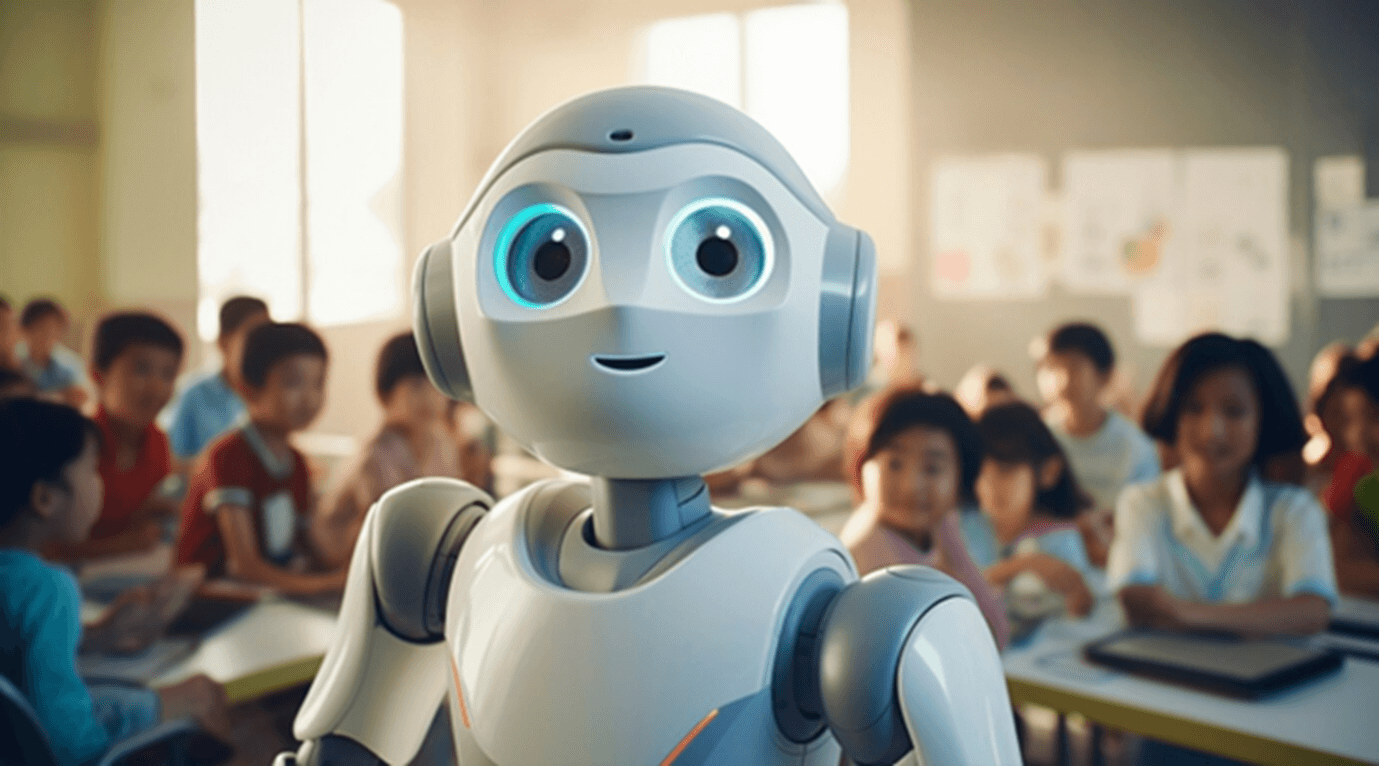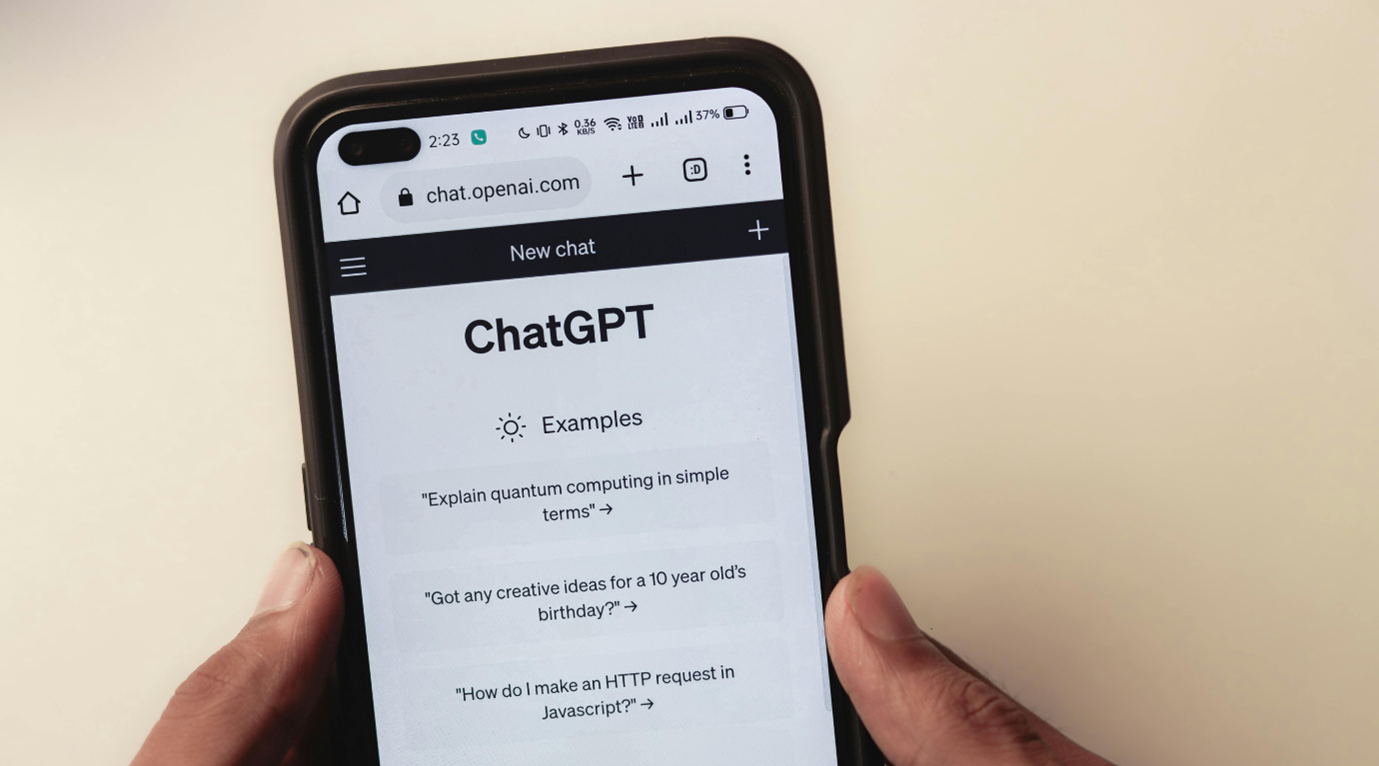Redefining Learning: The Transformative Impact of AI on Education and Teaching
The education sector is undergoing a profound transformation, and at the center of this revolution is artificial intelligence (AI). No longer a distant concept, AI is reshaping how we learn, teach, and even assess student progress. In this fast-paced world, where technological advancements are the norm, AI in education is emerging as a game-changer, offering new avenues to enhance learning experiences and streamline administrative tasks.
Introduction: AI's Educational Revolution
AI in education is not just another buzzword; it’s a powerful tool that’s redefining the landscape of teaching and learning. From automating routine tasks to providing personalized learning experiences, AI is paving the way for a future where education is more accessible, engaging, and effective. But what exactly does AI in teaching look like? How is it changing the classroom dynamic? Let’s explore these questions and more as we dive into the ways AI is transforming education today.
AI Applications: A New Era of Learning
AI’s impact on education is vast and varied. Here’s how AI in teaching is bringing about a new era of learning:
Adaptive Learning Technologies: Imagine a classroom where each student receives a customized learning plan tailored to their specific needs and pace. This is no longer a futuristic dream but a reality thanks to AI-driven adaptive learning technologies. These systems can identify a student’s knowledge gaps, provide targeted feedback, and recommend additional resources, ensuring that every learner gets the support they need to succeed.
AI-Driven Analytics: One of the most powerful applications of AI in education is its ability to analyze vast amounts of student data. AI can uncover patterns in how students learn, identify those who are at risk of falling behind, and offer insights that help educators tailor their instruction to meet individual needs. This data-driven approach empowers educators to make informed decisions, ultimately enhancing the overall learning experience.
Virtual Teaching Assistants: Imagine having an assistant who never tires, is always available, and can instantly respond to student queries. AI-powered virtual teaching assistants are making this a reality. These intelligent systems can handle routine tasks like grading assignments, answering frequently asked questions, and even scheduling, allowing teachers to focus on more complex and personalized instruction. It’s AI in teaching at its finest—empowering educators by reducing their administrative load.
Benefits of AI in Education: A New Paradigm
The integration of AI in education is creating a new paradigm, offering benefits that are hard to ignore:
Personalized Learning: Tailored to individual needs with AI in education, learning is no longer a one-size-fits-all approach. AI-powered systems can adjust educational content to match each student’s learning style and pace. This means that students receive feedback that is not only timely but also highly relevant to their personal learning journey. When students feel that their education is tailored specifically to them, they are more engaged and motivated to learn.
Efficiency in Administration: Administrative tasks can often overwhelm teachers, taking time away from what they do best—teaching. AI in teaching can automate these routine tasks, from grading to scheduling, significantly reducing the workload on educators. This efficiency doesn’t just save time; it also allows teachers to dedicate more of their energy to creating impactful learning experiences for their students.
Enhanced Assessment Capabilities: Beyond standardized tests traditional assessments often fall short of providing a complete picture of a student’s abilities. AI offers an alternative by enabling continuous and adaptive assessments. These systems can evaluate a wider range of skills, from creativity to problem-solving, providing a more holistic view of student performance. This ensures that assessments are not just about scores but about understanding and improving each student’s learning experience.
Transform Your Educational Experience with AI
Unlock the full potential of AI in your institution with our expert solutions.
Get Started Today
Challenges and Ethical Considerations: Navigating the AI Landscape
While the potential of AI in education is vast, it’s important to address the challenges and ethical considerations that come with it:
Data Privacy and Security: Protecting student data as AI systems collect and analyze large volumes of student data, the risk of data breaches and unauthorized access increases. It is crucial for educational institutions to ensure that this data is stored securely and used ethically. Compliance with regulations such as GDPR and FERPA is not just a legal requirement but a moral obligation to protect students’ privacy.
Digital Divide: Ensuring equitable access, AI in education can level the playing field but also widen the gap if not implemented thoughtfully. Economic disparities can prevent some students from accessing the necessary technology, leading to unequal learning opportunities. It’s essential to ensure that all students have access to the devices and internet connectivity they need to benefit from AI-driven educational tools.
Human Interaction: AI can do many things, but it cannot replace the empathy and emotional intelligence that a human teacher brings to the classroom. The role of the teacher is not just to impart knowledge but to guide, support, and inspire students. As AI becomes more integrated into education, it’s crucial to maintain the human touch that is so essential to effective teaching.
Emerging Trends and the Future of AI in Education
The future of AI in education is full of exciting possibilities. Here are some trends that are shaping the future:
Collaborative Learning: AI as a facilitator AI can enable collaborative learning experiences by intelligently forming groups based on students’ learning styles and interests. It can also provide real-time feedback during group activities, enhancing the collaborative process and ensuring that all students are engaged.
Simulation and Virtual Reality: AI is driving the development of immersive learning environments through simulations and virtual reality. These technologies allow students to explore complex concepts in a safe and controlled setting, providing hands-on practice that would be difficult or impossible in the real world. This not only makes learning more engaging but also more effective.
Personalized Learning Paths: AI is revolutionizing personalized learning by creating custom learning paths tailored to each student’s unique needs, abilities, and interests. Through continuous assessment and adaptive algorithms, AI can adjust the curriculum in real-time, ensuring that each student progresses at their own pace. This approach not only helps in addressing individual learning gaps but also keeps students more motivated by aligning educational content with their personal goals and aspirations. By providing a more customized learning experience, AI is empowering students to take ownership of their education and achieve better outcomes.
Conclusion: The Future of Education is AI-Powered
The integration of AI in education is not just a passing trend; it’s a transformative force that is reshaping how we teach and learn. By personalizing learning experiences, streamlining administrative processes, and offering innovative assessment tools, AI is paving the way for a more equitable, engaging, and effective educational environment.
However, as we move forward with AI in teaching, it’s crucial to address the challenges and ethical considerations to ensure that these technologies are implemented responsibly. The future of education is undoubtedly AI-powered, but it’s up to us to shape that future in a way that benefits every learner.
At Neuronimbus, we’re committed to helping educational institutions navigate this exciting landscape. With our expertise in AI-driven solutions, we can support you in transforming your teaching and learning processes, ensuring that your institution stays ahead in this digital age.
Are you ready to harness the power of AI in your educational institution? Contact us today to explore how we can help you achieve your goals.




